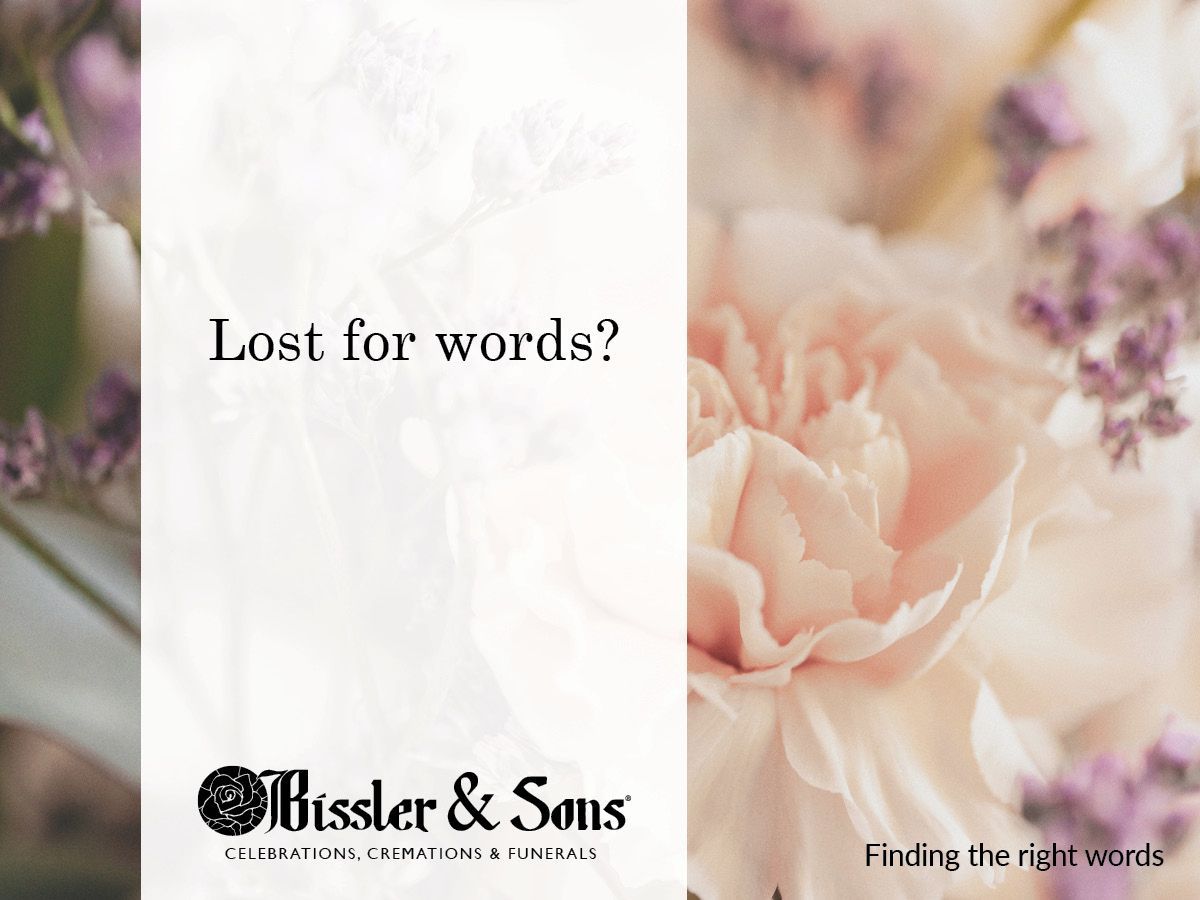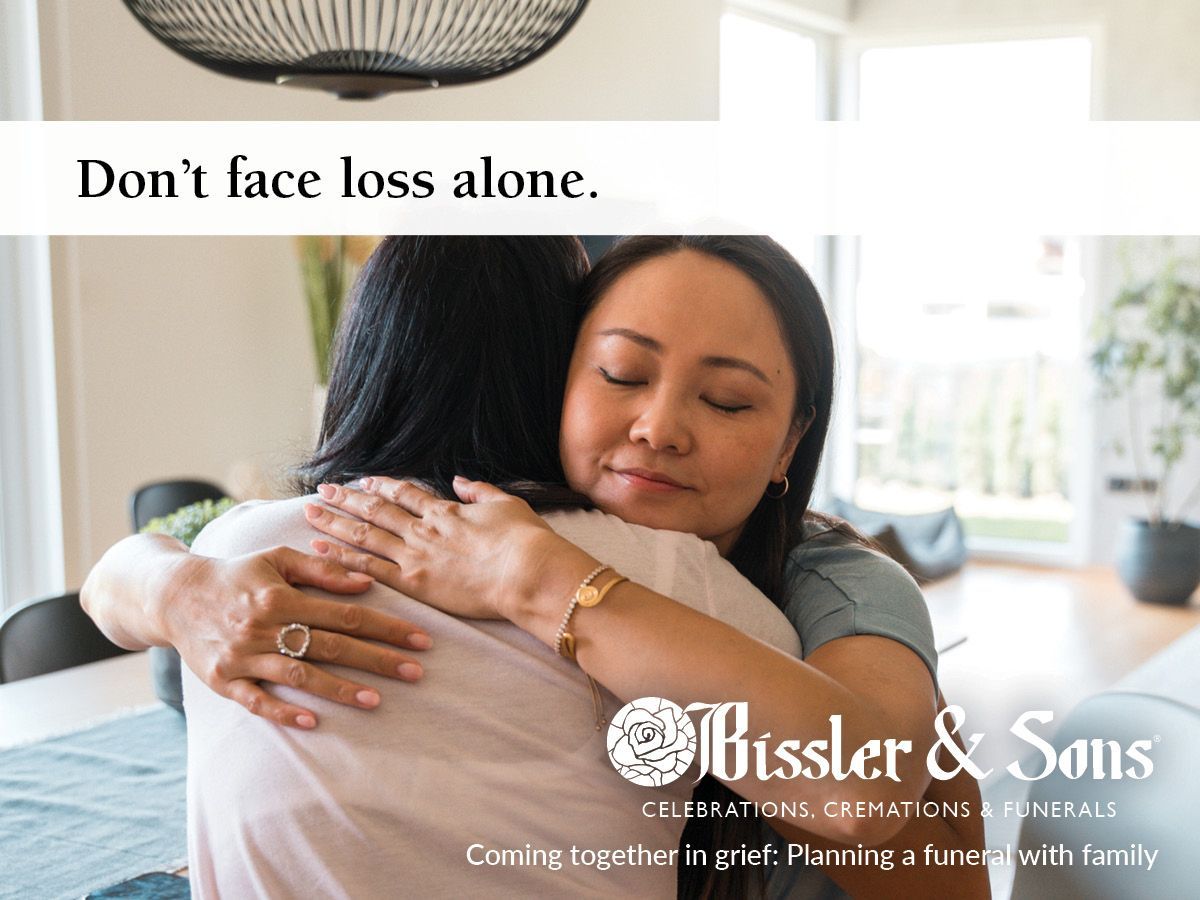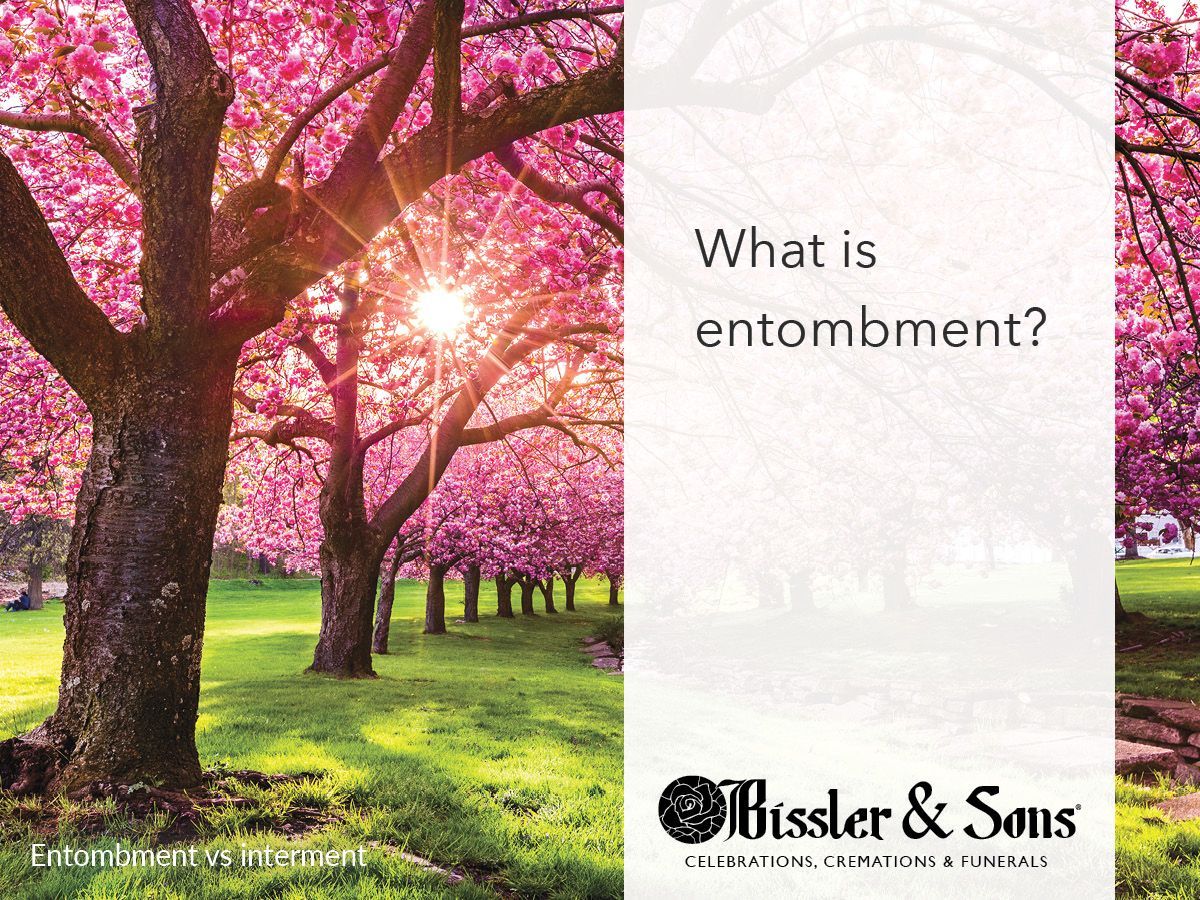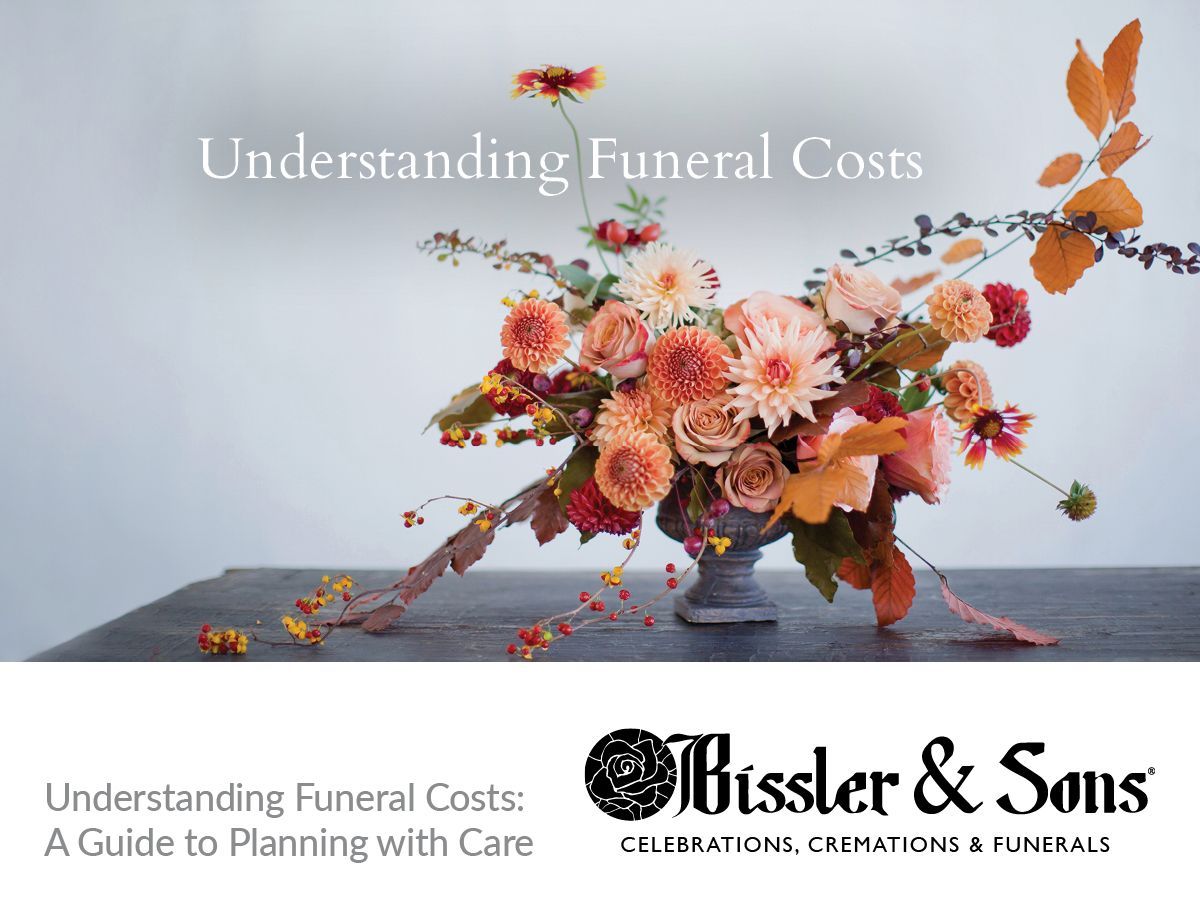I Can’t Go to the Funeral – What Should I Do?
Funerals are a time when friends, family, colleagues, and other people whose lives have been touched by an individual can collectively grieve and find support in one another. But sometimes, attending a funeral just isn’t possible. Whether it be because of distance, illness, or something else altogether, many factors can keep someone from being able to go. But when you can’t go to a funeral, you should do your best to let the family know the situation and find other ways to offer your condolences.
What to Do When You Can’t Go to the Funeral
1. Attend any additional events.
In addition to the funeral, many families opt to hold other events, like viewings, visitations, and memorials, after their loved one passes. If you’re able, you should try to attend one or more of these events. While you’re there, express your condolences to the family about missing the funeral and let them know that their loved one was in your thoughts.
2. Send a flower arrangement with a thoughtful card.
Sometimes, time and distance can be significant factors in why you cannot attend a funeral. And these factors may also prevent you from going to other events that were planned in the decedent’s honor. If you’re not able to attend any services or ceremonies, you should try to send something along for the day of the funeral. Many people choose to send flower arrangements as a way to say that they’re thinking of someone on the day of their funeral. You should always try to order flowers through the funeral home’s website if the option is available. By ordering through the funeral home, you’re making it easier to ensure that your arrangement arrives on time and is taken to the right place.
Alongside any gift you send, including flower arrangements, you should write a thoughtful card expressing your sorrow for the family’s loss and for missing the funeral. You can choose to explain why you’re missing the funeral, or you can keep the reason to yourself. But the card should essentially say what you would have said if you had attended the funeral. It should give your condolences, talk about how special the decedent was, and address how you’ll miss them.
3. Send a personalized and helpful care package.
Instead of or in addition to sending flowers, you can also choose to send a care package. Especially if you live far away, a care package can be a great way to provide support for the grieving family. There are many different types of care package companies out there. While picking any one of them would be thoughtful, you may want to try to pick one that contains items that can be immediately put into use.
Immediately after a loss, it can be challenging for families to do things that used to just be a part of their everyday routine. That may mean that trips to the supermarket or convenience store are put on hold. Your care package can contain some luxury items, but it’s not a bad idea to include other more practical things, like toiletries. You can also consider sending over a meal subscription box, as it can be hard to find time to cook while planning a funeral and grieving. Just be sure the meals provided are already assembled and only require heating up, as unassembled meals may create more work for the family.
You can also consider including in your package some resources for coping with grief, such as a journal and writing utensils for the recipient to use as a place to record their thoughts. If the family includes children, you may also want to send over items that a child could specifically use during this difficult time, like a weighted stuffed animal, which has been shown to help with anxiety, or a storybook that explains grief in terms a child can understand.
4. Contribute to a memorial fund.
Some families make a memorial fund in honor of their loved one. Whether you attend the funeral or not, it’s always kind to try to contribute to this fund. Before you send over any gifts or flower arrangements, check to be sure that the family didn’t ask for donations in lieu of gifts. You want to be sure that you are respecting the family’s wishes. If the family has set up a memorial fund, donate where they are asking you to, and include a note to the family about the loved one expressing your condolences and apologizing for being unable to attend the funeral.
5. Make a donation in their name.
If the family has not set up a memorial fund, you can still donate to an important cause in honor of the person who has passed. Ideally, you should donate to a cause that the person championed in life. But if you don’t know a charity that was beloved by the person who passed, you can donate to one that suits who the decedent was in their life. For instance, you may want to contribute to a charity that supports funding public education if the person who passed spent their life as a public school teacher. When you send a card, gift, or flower arrangement to the family, include that the donation was sent in their loved one’s honor.
6. Sign the digital guest book.
Most funerals include a guest book for funeral-goers to sign with thoughts about the decedent and condolences for their family. But in today’s digital world, you don’t have to be in person at a funeral to sign this guest book. Many funeral homes include a digital guest book on their website, as well as the decedent’s obituary. Although sending a handwritten card is a bit more personal, you can also consider signing the digital guest book to apologize for missing the funeral and to send the family well wishes.
7. Be there for them after the funeral.
One of the most meaningful ways that you can apologize for missing the funeral is by being there for the family when the funeral comes to an end. During the funeral, the family will be surrounded by supporters. But then those supporters will return to their own busy lives, and the family may not be left with as much help as they require. Their grief does not end when the funeral does.
If you live nearby, talk to the family about finding ways to help in person. Doing so may mean running errands, cooking meals, or doing other chores to make things a little easier for them. But if you live far away, you can find other ways to be there for them, even if you still can’t be there in person. You can continue sending care packages, but you can also provide them with emotional support. Check in with them often and let them know that you’re always there to offer them a sympathetic ear.
If you can attend a funeral that you’ve been invited to, you should do your best to attend. But sometimes, that’s just not possible. And most people will understand that. Still, you should address the situation and find other ways to offer support and condolences. Those who are missing their loved one will be grateful that you’ve found a way to reach out and honor their memory.


















